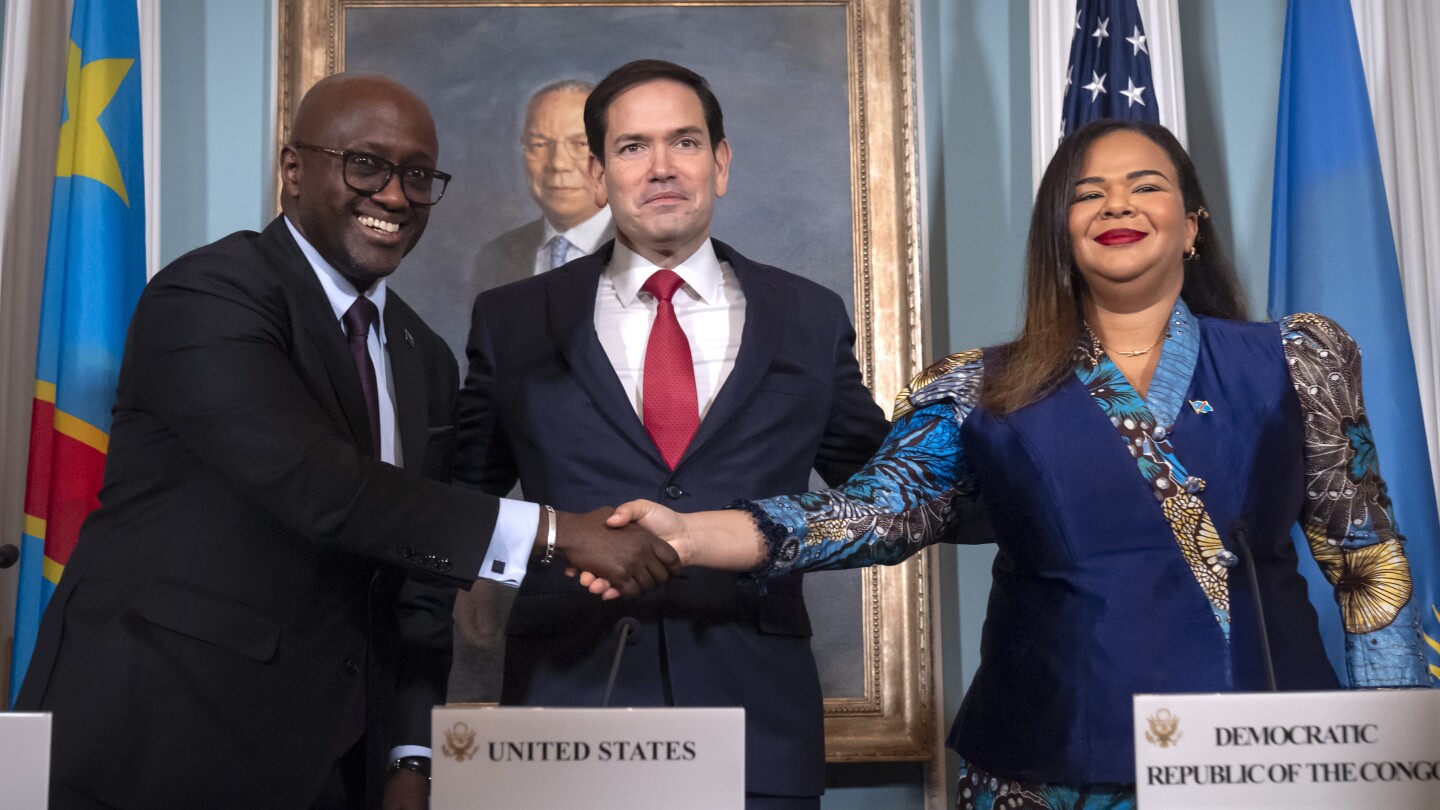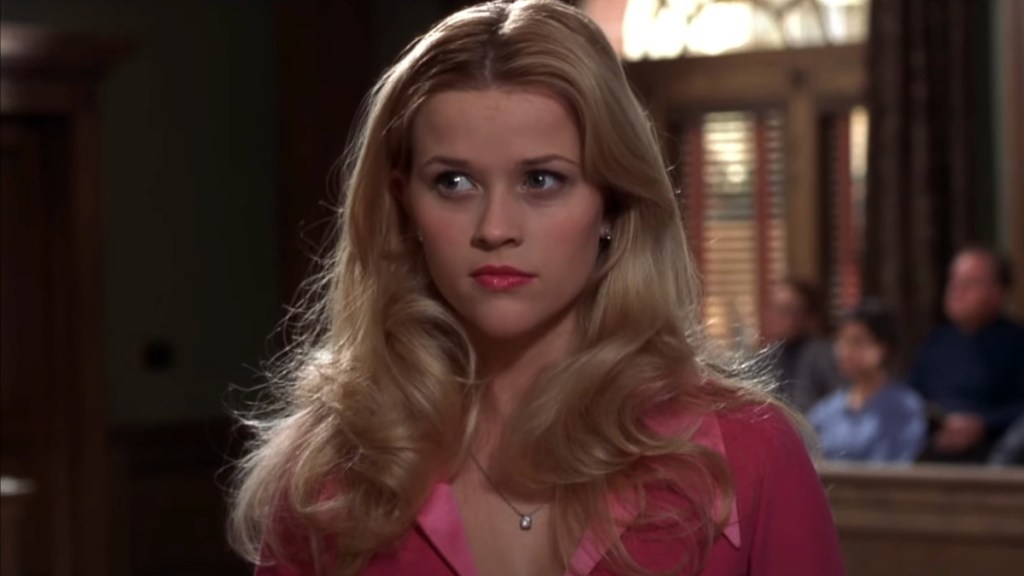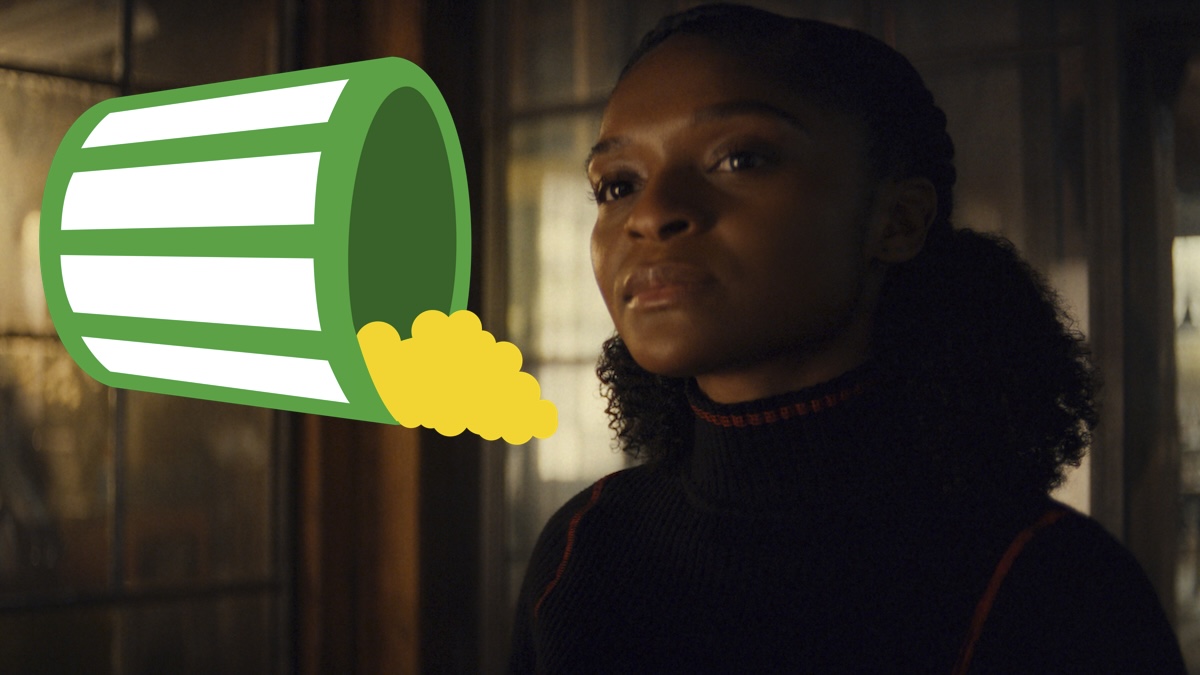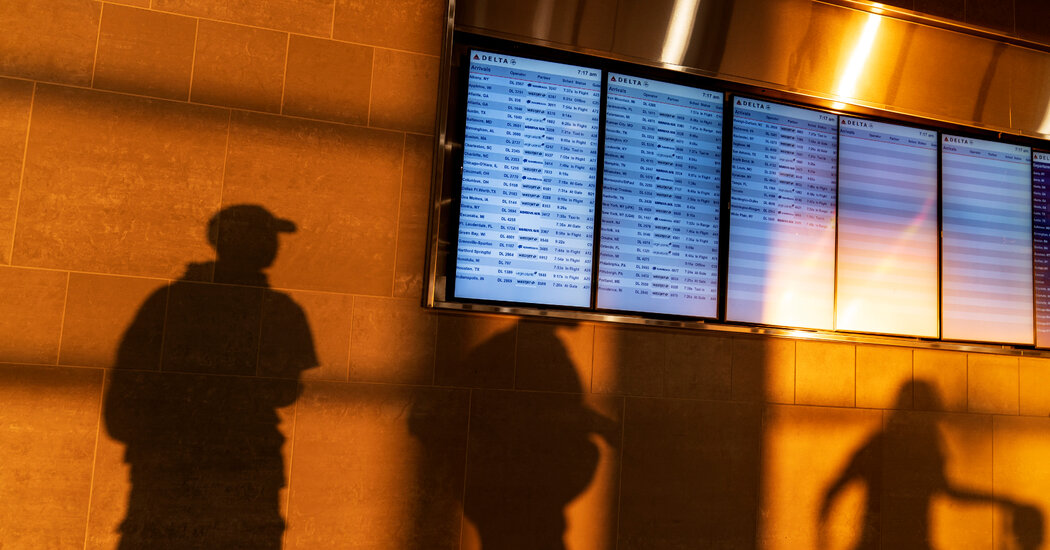Congo and Rwanda Sign Landmark US-Mediated Peace Deal

WASHINGTON – In a significant diplomatic breakthrough, the Democratic Republic of Congo and Rwanda signed a US-mediated peace agreement on Friday aimed at ending decades of conflict in eastern Congo. The deal also opens pathways for US access to critical minerals in the region.
Immediate Impact
President Donald Trump, addressing the foreign ministers of both nations at a White House meeting, declared, “Today, the violence and destruction come to an end, and the entire region begins a new chapter of hope and opportunity, harmony, prosperity, and peace.”
Key Details Emerge
The agreement, signed earlier in the State Department’s Treaty Room, was hailed by Secretary of State Marco Rubio as “an important moment after 30 years of war.” The conflict in Congo, fueled by over 100 armed groups, has claimed millions of lives since the 1990s.
The Central African nation of Congo has been wracked by conflict with more than 100 armed groups, the most potent backed by Rwanda, that have killed millions since the 1990s.
While the peace deal is seen as a turning point, analysts caution that it may not immediately halt the violence. The most prominent armed group, backed by Rwanda, has indicated that the agreement does not pertain to them.
Breaking: Congo and Rwanda Send Top Diplomats to Sign
Congo’s Foreign Minister Therese Kayikwamba Wagner and Rwandan Foreign Minister Olivier Nduhungirehe expressed optimism but acknowledged the significant work still required to end the fighting. “Some wounds will heal, but they will never fully disappear,” Wagner stated. Nduhungirehe noted the “great deal of uncertainty” due to previous unimplemented agreements.
Industry Response
The agreement includes provisions on territorial integrity, prohibition of hostilities, and the disengagement, disarmament, and conditional integration of non-state armed groups. Trump warned of “very severe penalties, financial and otherwise,” should violations occur.
By the Numbers
The United Nations has called the conflict in Congo “one of the most protracted, complex, serious humanitarian crises on Earth,” with 7 million people displaced.
What Comes Next
Despite the peace deal, the Rwanda-backed M23 rebel group, which made significant advances earlier this year, remains active. Congo hopes for US security support to combat the rebels and potentially encourage their withdrawal from key cities.
Corneille Nangaa, leader of the Congo River Alliance, emphasized the need for direct peace talks with Congo, highlighting that “anything regarding us which are done without us, it’s against us.”
Christian Moleka, a political scientist, stated, “The current draft agreement ignores war crimes and justice for victims by imposing a partnership between the victim and the aggressor.”
Background Context
The conflict traces back to the aftermath of the 1994 Rwandan genocide. Rwandan authorities have accused fleeing Hutus of participating in the genocide and allege that elements of the Congolese army protected them. The ongoing violence in eastern Congo has resulted in 6 million deaths due to attacks, famines, and disease outbreaks.
Expert Analysis
Christian Moleka called the agreement a “major turning point” but warned it could not resolve all conflict issues. In Congo’s North Kivu province, activists like Hope Muhinuka view the deal as a potential resolution to violence but stress the need for justice for lasting peace.
Regional Implications
The peace deal is central to the US strategy to counter Chinese influence in Africa, particularly in the mineral-rich Congo. The US Department of Commerce estimates these untapped minerals to be worth up to $24 trillion.
Congo’s foreign minister lauded the US as a “reliable partner” in the peace process and broader bilateral relations. However, analysts suggest US commitment may hinge on mineral access negotiations between the American and Congolese governments.
As the international community watches closely, the future of the Congo-Rwanda peace deal remains uncertain, with hopes for stability tempered by the complex realities on the ground.
Asadu reported from Dakar, Senegal. Contributions to this report were made by Edith M. Lederer at the United Nations, Justin Kabumba in Goma, Congo, Ignatius Ssuuna in Kigali, Rwanda, and Mike Pesoli and River Zhi-Hui Zhang in Washington.





